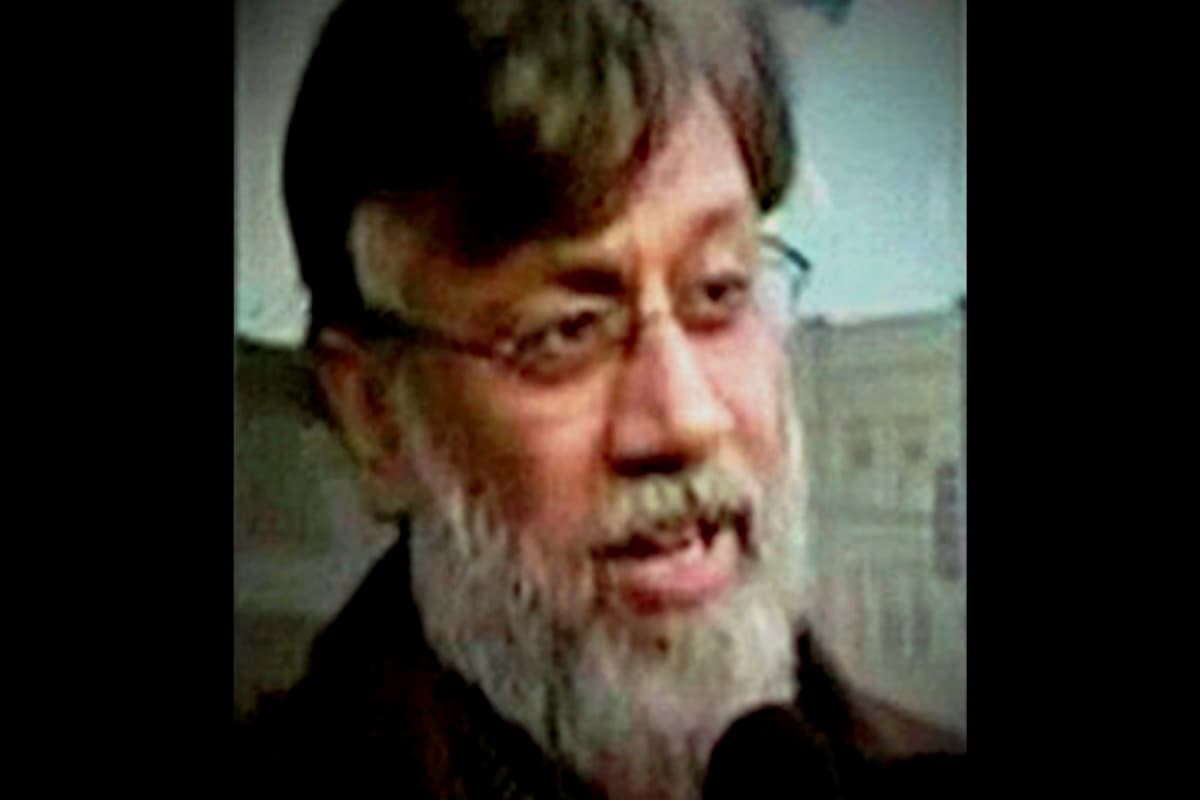

Tahawwur Rana, a key figure in the 2008 Mumbai terror attacks, has once again petitioned a Delhi court, seeking permission to communicate with his family while in judicial custody. This request comes after his extradition from the United States on April 10, 2025, and subsequent remand to the National Investigation Agency (NIA). Rana, a Pakistan-born Canadian national, is currently in judicial custody, and the NIA is actively investigating his role in the 26/11 attacks and potential involvement in other terror plots targeting India.
According to news reports, Rana has specifically requested access to jail-provided facilities for family interaction, in accordance with existing regulations. The basis for his plea is presumably the well-being of his family, who he believes must be worried about him. However, previous attempts to gain permission to speak with family members have been unsuccessful.
Earlier, a Delhi court had turned down a similar plea from Rana, with Special Judge Chander Jit Singh rejecting his application. The National Investigation Agency (NIA) had opposed that application, arguing that allowing Rana to communicate with his family could lead to the sharing of crucial information that could potentially compromise the ongoing investigation. This concern highlights the sensitive nature of the case and the security considerations involved in Rana's detention.
The Ministry of Home Affairs has assembled a team of special public prosecutors to oversee the NIA case against Rana. This team is led by Solicitor General Tushar Mehta, and includes Additional Solicitor General S V Raju, Senior Advocate Dayan Krishnan, and Advocate Narender Mann. The appointment of such a high-profile legal team underscores the importance the Indian government places on bringing Rana to justice and ensuring a thorough and comprehensive prosecution.
Rana's extradition to India followed a protracted legal battle in the United States, where he was initially cleared of directly plotting the Mumbai attacks but was convicted of providing support to Lashkar-e-Taiba, the Pakistan-based terror group blamed for the attacks. He was sentenced to 14 years in prison in 2013 but was later released on health grounds in 2020. Following India's request, he was re-arrested, and a US court approved his extradition in 2023.
Upon his arrival in India, Rana was formally arrested by the NIA and presented before the Patiala House Court. The NIA Special Court has ordered his judicial custody until June 6, 2025. The agency intends to question Rana extensively to uncover the full extent of the conspiracy behind the 2008 Mumbai attacks.
The 26/11 Mumbai terror attacks were a series of coordinated attacks that took place over four days in November 2008, resulting in the deaths of 166 people and injuring hundreds more. The attacks targeted various locations in Mumbai, including the Chhatrapati Shivaji Maharaj Terminus, the Oberoi Trident, the Taj Mahal Palace & Tower, Leopold Cafe, and the Chabad House. The sole surviving gunman, Ajmal Kasab, was captured and later executed in 2012.
Tahawwur Rana's alleged role in the attacks involves assisting David Coleman Headley, a key conspirator who conducted reconnaissance for the attacks. The NIA alleges that Rana was aware of Headley's activities and provided support for his operations. The investigation seeks to establish the full extent of Rana's involvement and his knowledge of the plot.